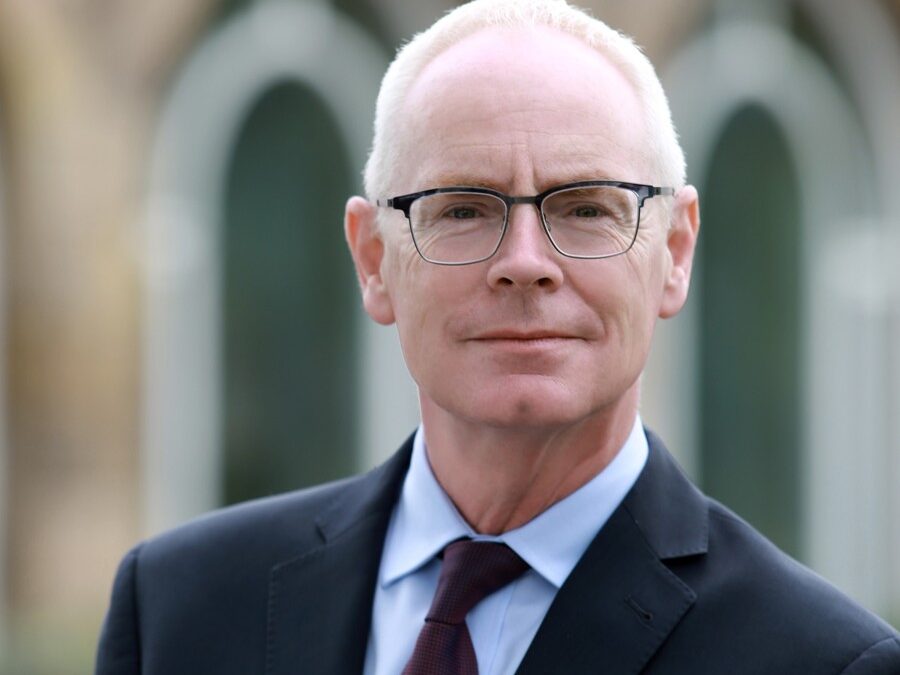By Donal Laverty, Consulting Partner
Recently I returned to speak at the CO3 Annual Leadership Conference, examining the future of work and reinvention of how, when and where we undertake our roles. In this period of transition and workplace shift, I discussed with delegates how pressures on organisational structures can come from both external factors and the internal shift in employee expectations. This is a particular challenge for the third sector, as discussed at the workshop, and comes amid a wider picture of inflationary pressures and affordability challenges.
Sparked in the first instance by the pandemic, the transformation of the working world and how organisations serve their ultimate purpose is a shift now predominantly led by employee preference. Set to continue into the next decade, it means a vastly different working environment will emerge by 2030 as employees seek autonomy over their set up and working arrangements. Despite the uncertain economic outlook and increasingly expensive cost of living, flexibility, the culture of a workplace and an individual’s home life and wellbeing are factors that in some cases now outweigh the importance of salary.
Across all sectors, organisations and their leaders have a once in a generation opportunity to respond to this great transition to ensure they remain productive and can serve their ultimate purpose. This is the unavoidable trajectory that individuals are on and will reshape the workplace of the future with the influence of four main factors: the physical workplace; the emotional aspect of work; the technological workplace and the evolving purpose of work.
The emotional aspects of work are those of culture, wellbeing, social capital, and trust. They mean attention must be given to organisational culture, as those with empathetic leaders and a values-driven agenda will build trust and satisfaction among their team. This is the Employee Value Proposition, and it will take precedence over other needs going forward.
Connected to this is the physical workplace, and questions around the future of offices, their evolving purpose, and whether they will even be required in the future. When once the physical workplace provided the tools to carry out a role, we are now moving towards agile spaces for a distributed, hybrid workforce that is part physical and part digital.
Changes are underway in terms of the use of technology and data, and how each can foster new ways of working. This raises questions over digital dexterity, the need to upskill certain members of staff or consider the use of technology to plug gaps in critical talent.
Moving from the crisis of the pandemic to the transitional phase we now find ourselves in, the overall purpose of an organisation has become a key driver of future organisation design as organisations seek nimbler operating models that have employee engagement and satisfaction at their core.
The great transition is underway and represents a significant challenge for the third sector in particular. Examining this very issue with sector leaders at this year’s CO3 Annual Leadership Conference, I found that the motivation and will to keep pace with the workforce shift certainly does exist. Yet in many cases it is held back by the unending pressures on cashflow and affordability following a pandemic which has drained financial stability and investment power.
It is clear that the third sector faces the same spiraling energy costs as us all yet paired with historical problems of over reliance on public funding and subsidies, combined with stalled income generation initiatives, many are facing survival mode in what could be a time of recovery and growth.
As major reinvention of the workplace takes hold, organisations in the third sector still need to undertake their own organisational reset and invest in structural changes if they wish to become tighter, more efficient operators that appeal to prospective employees and keep pace with the wider workplace shift.
To discuss any aspect contact: Donal Laverty E: donallaverty@bakertillymm.co.uk T: 028 9032 3466

